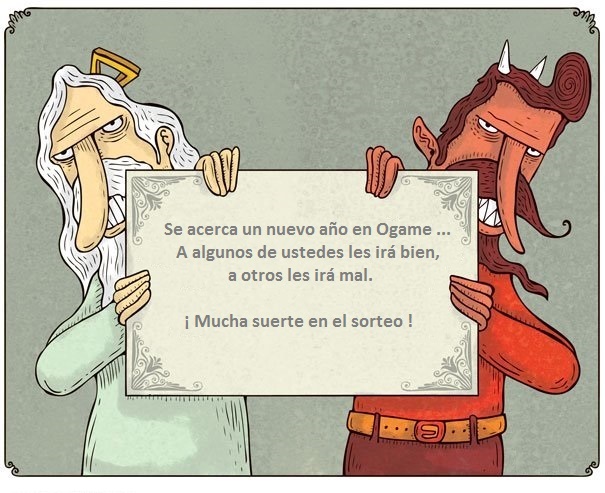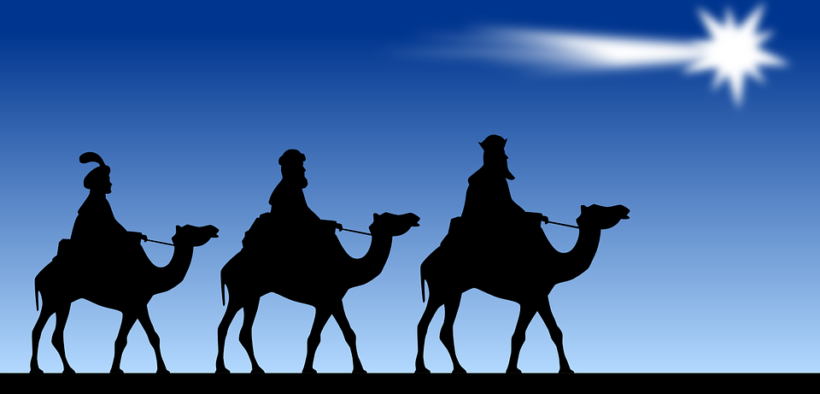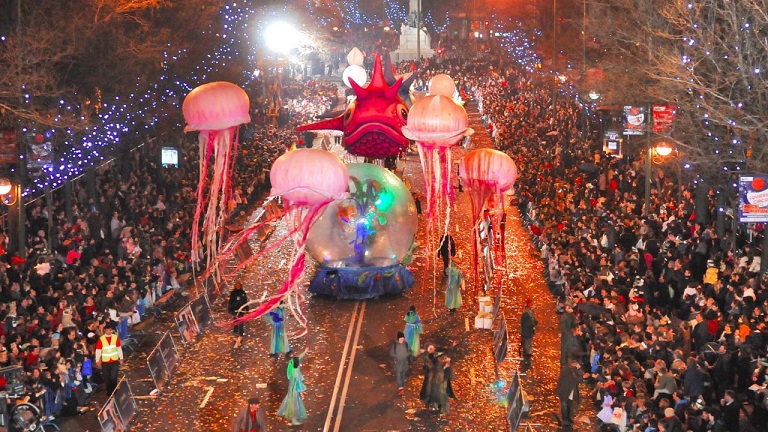World Chess Championschip 2018 - London
Magnus Carlsen Vs Fabiano Caruana
Magnus Carlsen Vs Fabiano Caruana

Because my will is as strong as yours and my kingdom as great ...
You have no power over me.
This site uses cookies. By continuing to browse this site, you are agreeing to our Cookie Policy.
























5 Guests
